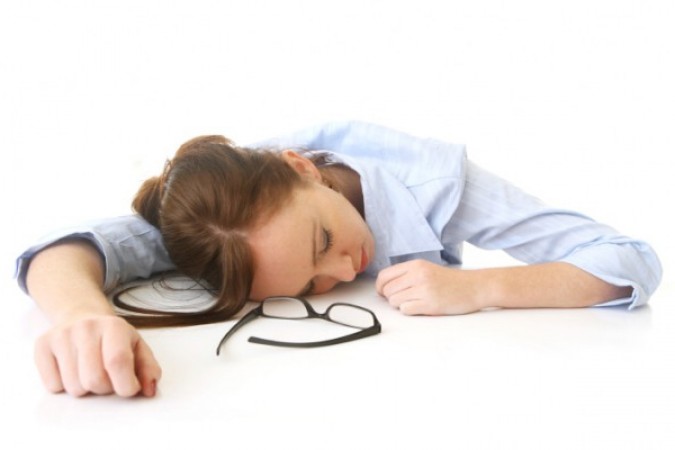
Dizziness can be a concerning symptom, especially for individuals with low blood pressure (hypotension). When you experience dizziness as a result of low BP, it's crucial to take immediate action to prevent any potential dangers. In this article, we will discuss two essential steps you should follow when you feel dizzy due to low blood pressure.
Before diving into what to do when you feel dizzy, let's briefly understand what low blood pressure is and why it can lead to dizziness.
Low blood pressure, or hypotension, occurs when your blood pressure drops below the normal range. This can happen for various reasons, including dehydration, medication side effects, or underlying medical conditions.
Dizziness is a common symptom of low blood pressure because it means there is inadequate blood flow to the brain. When the brain doesn't receive enough blood, it can lead to a feeling of lightheadedness or even fainting.
The first crucial step when you start to feel dizzy due to low blood pressure is to find a safe place to sit or lie down. Here's why this is so important:
Dizziness can cause unsteadiness and loss of balance, which increases the risk of falls. By sitting or lying down, you minimize the risk of injury that could occur if you were to collapse.
Assuming a seated or lying position can help improve blood flow to the brain. It allows gravity to assist in maintaining proper circulation, reducing the intensity of dizziness.
Once you're safely seated or lying down, the next step is to address the root cause of your low blood pressure, which is often dehydration or a lack of sodium in your system.
Low blood pressure can sometimes result from dehydration. Sip on water slowly to rehydrate your body. Avoid gulping down large amounts of water, as this can cause discomfort.
In some cases, low sodium levels can contribute to low blood pressure. Consider consuming a small amount of salty food or a sports drink to help raise your sodium levels. However, be mindful not to overdo it, as excessive salt intake can have adverse effects on your health.
While these two steps can be effective in managing dizziness caused by low blood pressure, there are instances when you should seek immediate medical attention:
If your dizziness persists for an extended period or worsens despite following these steps, it's essential to consult a healthcare professional.
If your low blood pressure is accompanied by severe symptoms such as chest pain, shortness of breath, confusion, or loss of consciousness, call 911 or seek emergency medical care immediately. Dizziness due to low blood pressure can be distressing, but taking the right steps can help manage the situation effectively. Remember to sit or lie down to prevent falls and improve blood flow, and address the root cause by hydrating and consuming salt if necessary. Always prioritize your safety and seek medical attention if symptoms worsen or become severe.
Visit the famous tourist places of Amritsar in two days, plan your trip in budget
Which is the best fruit for lungs?
India and I2U2 Partners Launch Private Enterprise Partnership to Advance Collaborative Initiatives